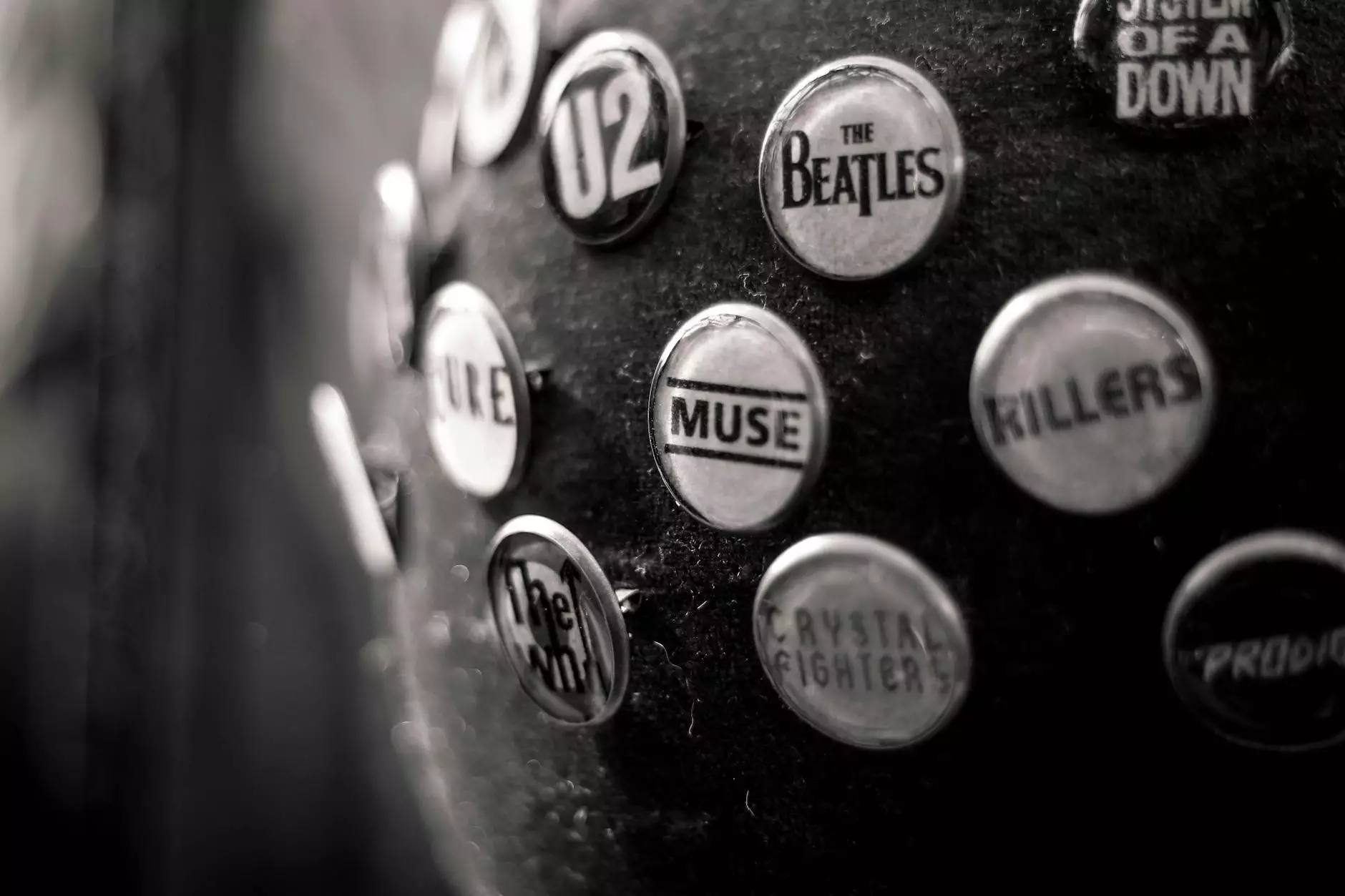America's Failed Social Contract and my White Privilege

The Social Contract in America
The concept of a social contract has long been a foundation for societies worldwide. It represents an unwritten agreement between individuals and their governing bodies, outlining the rights, responsibilities, and benefits of being a member of that society. However, in America, the social contract has faced significant challenges, resulting in a failed system that perpetuates inequality and injustice.
Deep-rooted Issues
America's failed social contract stems from a range of deep-rooted issues that have plagued the nation for centuries. From its origins with the mistreatment of Native Americans and the enslavement of Africans, to the ongoing struggles for civil rights and systemic biases, the fabric of the social contract in America is tattered and torn.
Economic Disparities
One of the most prominent issues within America's social contract is economic disparities. The gap between the wealthy elite and the rest of society continues to widen, leaving many marginalized communities without access to basic resources and opportunities. This imbalance perpetuates a cycle of generational poverty and limits upward mobility.
Racial Injustice
Another critical aspect of America's failed social contract is the persistence of racial injustice. People of color, particularly Black individuals, experience systemic racism in various spheres of life, including education, employment, and law enforcement. This systemic bias creates a stark contrast between the lived experiences of different racial and ethnic groups, undermining the principles of equality and fairness.
Understanding White Privilege
In the context of America's failed social contract, white privilege plays a significant role in perpetuating systemic inequities. White privilege refers to the unearned advantages and benefits that white individuals experience solely based on their skin color. It is important for individuals, especially those with white privilege, to recognize and confront this privilege to dismantle oppressive systems.
Solutions for a More Equitable Society
It is crucial to acknowledge America's failed social contract and work towards building a more equitable society for all. Here are some potential solutions that can aid in this endeavor:
Education and Awareness
Promoting education and awareness about the historical and current issues surrounding America's social contract is vital. By understanding the root causes and their implications, individuals can actively work towards dismantling oppressive structures and fostering inclusivity.
Legislative Reforms
Implementing legislative reforms that address systematic biases and inequalities is another critical step towards rectifying the failed social contract. This includes initiatives to reform the criminal justice system, ensure equal access to education and healthcare, and implement policies that promote economic equity.
Community Engagement
Encouraging community engagement and supporting grassroots movements are ways to create real change. By actively participating in local organizations, advocating for marginalized communities, and amplifying diverse voices, individuals can work towards building a more just and inclusive society.
Conclusion
America's failed social contract and the acknowledgement of white privilege are interconnected issues that demand our attention. By understanding the root causes and taking collective action, we can strive towards creating a more equitable and just society for future generations. Michael Finley, CNHP is committed to addressing these challenges and offering insights to foster positive change. Join us on this journey towards a better America.










